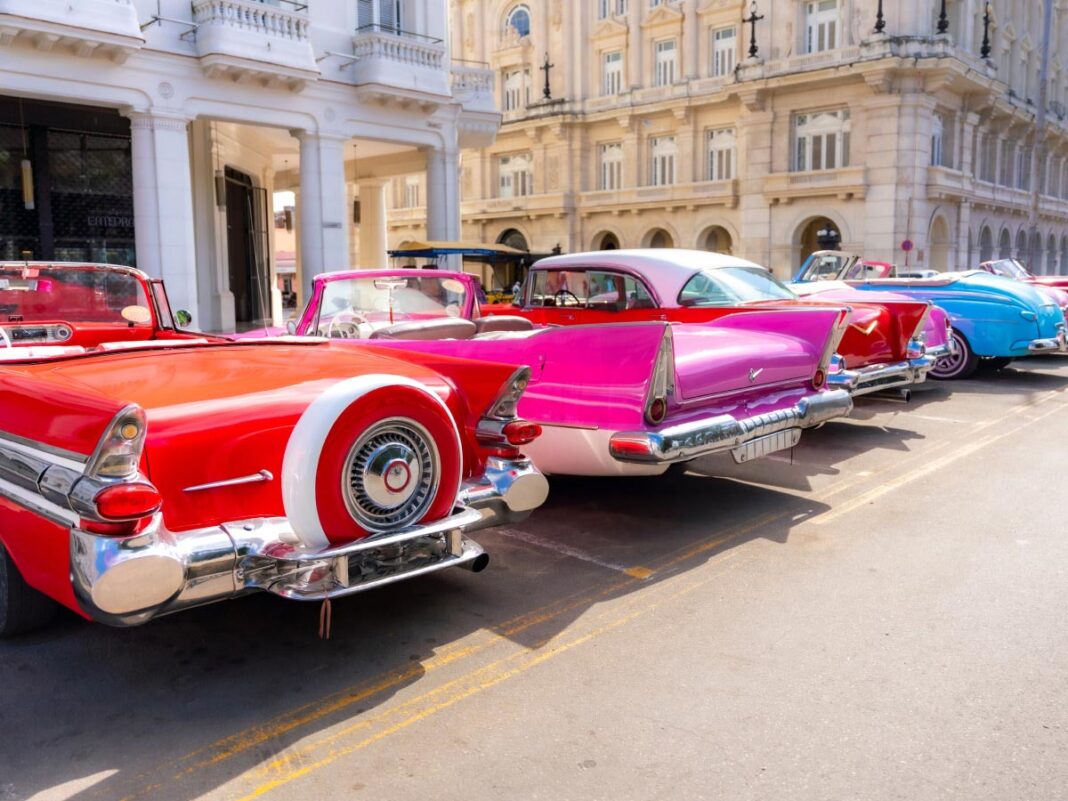Investing in antique cars isn’t just about owning a piece of automotive history; it’s about blending passion with profitable returns. Antique cars can be both an emotional and financial asset, offering sensory experiences and potential long-term appreciation. In this guide, we’ll navigate the intricacies of investing in antique cars, helping you make informed decisions in this unique market.
Understanding the Antique Car Market
The antique car market has witnessed significant growth over the past decades. Approximately 43 million cars in the U.S. meet the definition of a collector vehicle, accounting for 16% of the nation’s 275 million registered vehicles. The total sales from North American collector car auctions reached $2.2 billion in 2021, with the collective value of these cars estimated at $1 trillion.
Despite economic fluctuations, the market has seen continuous value increases and is expected to sustain growth, partly due to interest from younger generations. GenX, Millennials, and GenZ are now prominent in requesting collector car insurance, driving the market forward.
Why Invest in Antique Cars?
While modern vehicles depreciate rapidly, antique cars tend to appreciate over time owing to factors like rarity, historical significance, and aesthetic appeal. Classic cars have generally outperformed other collectibles like coins and stamps in terms of market value growth.
Investing in classic cars can offer:
- Diversification of Investment Portfolio: Antique cars provide an alternative investment avenue, allowing for diversification beyond traditional stocks and bonds.
- Potential for High Returns: Certain models have seen significant appreciation. For example, a 1962 Ferrari 250 GTO was auctioned for $48.4 million in 2018, setting a record for the most expensive car sold at auction.
- Emotional Fulfillment: Owning a piece of automotive history provides a unique sense of joy and satisfaction that traditional investments can’t offer.
Factors Influencing the Value of Antique Cars
When investing in antique cars, several key factors can influence a vehicle’s value:
Rarity and Production Numbers
Cars with limited production runs are highly sought after. The rarer the car, the higher its potential value. For instance, the Bugatti 57SC Atlantic, with only four ever produced, reportedly sold for $30-40 million.
Historical Significance
Vehicles that introduced groundbreaking technology or redefined consumer expectations often become valuable collectibles. Collectors value cars that represent significant milestones in automotive history.
Condition and Originality
The condition of the car is paramount. Vehicles in excellent, original condition command higher prices. Restored cars must be done authentically, adhering to original specifications.
Celebrity Ownership and Racing Heritage
Cars previously owned by notable figures or with racing pedigrees often fetch premiums. For example, vehicles associated with celebrities like Steve McQueen attract significant interest.
The Risks and Costs Involved
While the potential returns can be enticing, investing in antique cars comes with risks and significant costs:
Restoration and Maintenance
Bringing a classic car to showroom condition can be incredibly expensive. Restoration must be meticulous, often requiring hard-to-find original parts.
Ongoing Expenses
Owners must consider storage, insurance, and regular maintenance costs. Antique cars require specialized care to preserve their value.
Market Volatility
The classic car market can be unpredictable. Values can fluctuate based on economic conditions, changing tastes, and generational interests.
Taxes and Fees
Selling an antique car at a profit may incur capital gains taxes. Additionally, auction fees and commissions can reduce net returns.
Making Informed Investment Decisions
Success in antique car investment requires careful planning and research:
Do Thorough Research
Understanding the market is crucial. Prospective buyers should conduct extensive research and consult experts when necessary.
Focus on Quality
Invest in well-maintained, rare models with documented histories. Quality cars are more likely to appreciate and remain desirable over time.
Monitor Market Trends
Stay informed about market dynamics. Resources like the HAGI Top Index track the performance of collectible cars, providing valuable insights.
Understand Your Motivation
Determine whether you’re an emotional investor, driven by passion, or a financial investor focused on returns. Align your investments accordingly.
Engaging with the Collector Community
Building connections within classic car communities can enhance your investment experience:
- Attend car shows and events to network with other enthusiasts.
- Join clubs and organizations to stay updated on industry news.
- Participate in auctions to observe market behavior firsthand.
Engaging with the community not only provides enjoyment but can also offer opportunities to learn and discover potential investments.
Conclusion
Investing in antique cars combines the allure of automotive history with the potential for financial gain. By understanding the market, acknowledging the risks, and making informed decisions, investors can navigate this exciting landscape successfully.
Whether driven by passion or profit, antique car investment offers a unique blend of enjoyment and opportunity. With careful planning and dedication, your journey into the world of classic cars can be both rewarding and fulfilling.


